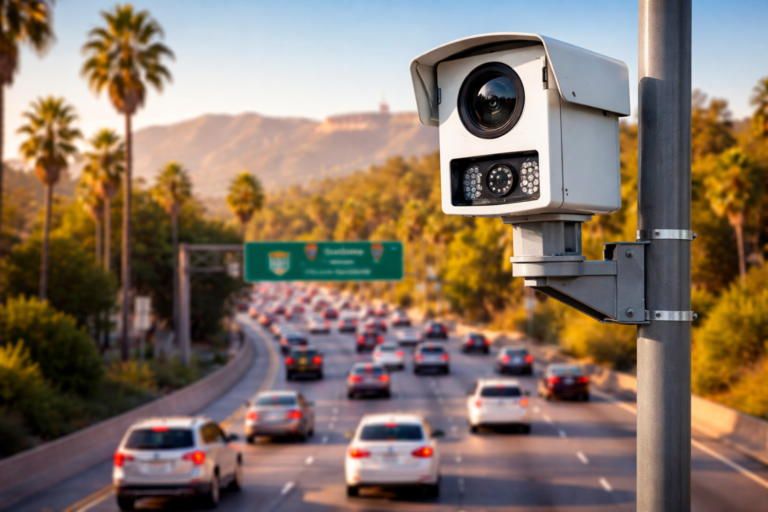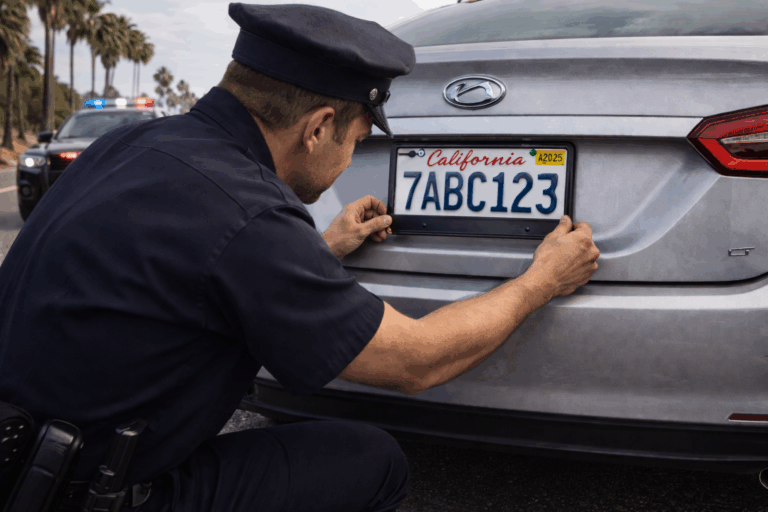The State of California uses airplane units for a wide range of purposes. From surveillance to suspect apprehension to identifying hazardous road conditions, an eye from the sky is a vital part of efficient law enforcement practice. Although these airplane units have many beneficial uses, there are serious questions about their role in traffic enforcement, especially when investigating speeding tickets on a California highway. If you have been issued a speeding ticket based on airplane surveillance, an understanding of how this surveillance works and what mistakes are commonly made can go a long way in defending against the ticket in California traffic court.
Air units are not used nearly as much as in the early 2000s when their primary function was traffic enforcement. Although the developments of radar have made it easier for ground units to enforce speed limits, there are still instances of air units’ observations being the sole basis for a speeding ticket being issued. In preparing a defense to a speeding charge, our lawyers are prepared to address the following issues.
Can GPS Speed Tracking Be Presented in Court?
Air units have recently turned to the use of cameras installed on the belly of the plane that utilizes GPS to determine a vehicle’s speed and location. When the officer feels they have enough data to support a speeding ticket, they can radio an officer on the ground by giving them a vehicle description so that the ground officer can initiate a motor vehicle stop. Although this technology has, in years past, been ruled admissible in traffic court, this does not mean that GPS tracking is considered reliable on all occasions. Our experienced traffic ticket lawyers would attack on cross-examination, especially if the video quality has been compromised.
Requiring Two Witnesses to Testify
Another significant hurdle for law enforcement in sustaining a guilty finding in traffic court is the requirements that both officers involved in the observation and stop of the motor vehicle will be required to testify should the matter proceed to a trial. Live testimony can be difficult enough for one officer, let alone coordinating the schedule of two.
Beyond the appearance of the officers, there is also the requirement that both testify consistently. The officers must identify not only the speed of the vehicle but also the vehicle’s identity. If each officer testifies as to different characteristics of a vehicle such as the color, make, or model, it will be difficult for a traffic court judge to find that the officers have presented sufficient evidence to support a conviction.
Breaking The Chain of Testimony
Even if the air and ground officers testify consistently about their observations, they still must testify accurately as to what information was relayed between the two to support the stop. A simple explanation of, “I received information” should be insufficient unless the officers can provide exact details as to when what and how the information was relayed. Even a slight break in the chain of data can be enough to argue that when the ground officer activated their lights, they did not have the reasonable suspicion that the vehicle they pulled over was the proper suspect in the speeding complaint.
Challenging Technology
Whether the air unit uses the old fashion, stopwatch, and grid approach, or if they have the luxury of the more sophisticated GPS tracking, the technology is only as good as the reliability of the technology and the reliability of the user of the technology.
There are maintenance requirements for devices that are utilized to calculate speed, allowing a suspect to challenge the technology’s reliability if the officer cannot show that the maintenance procedure was followed before its use. Depending on the judge, it can be requested at a hearing that the officer produces sufficient maintenance records to support the device’s reliability. If they fail to do so, this could open the door for our lawyers to challenge that the officer has not shown clearly and convincingly that the speed reading they testified to is, in fact, accurate.
California speeding tickets are serious matters that should be resolved immediately. Convictions for speeding can result in insurance increases and can put your driving privileges at risk of being revoked. Do not assume that simply because a law enforcement officer in the air says so, that you are, in fact, guilty of committing a speeding infraction. The lawyers at The Ticket Clinic are standing by to help you with any traffic violation. Call us for a free consultation.



